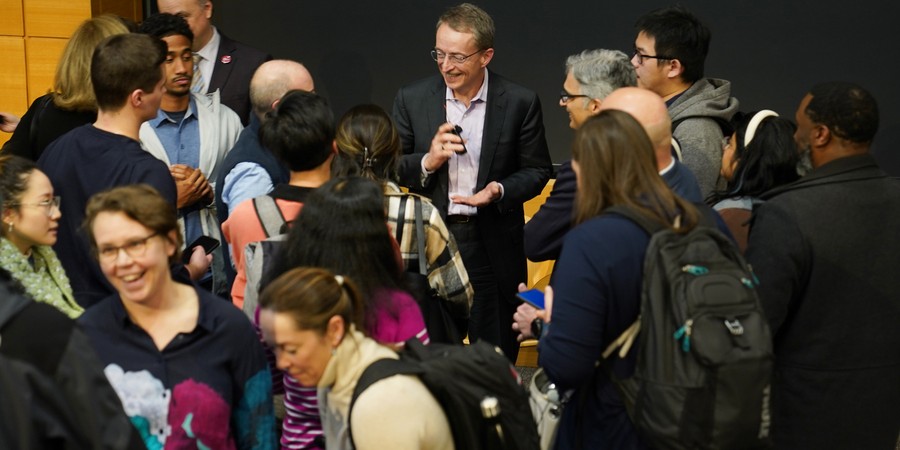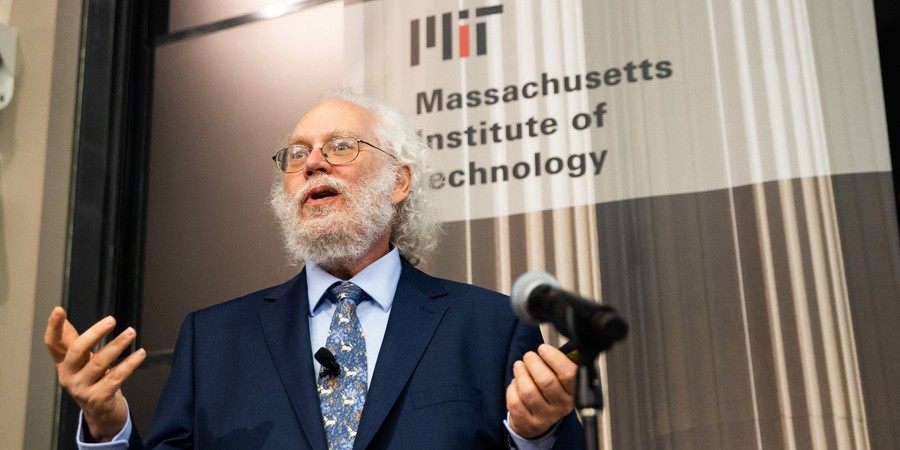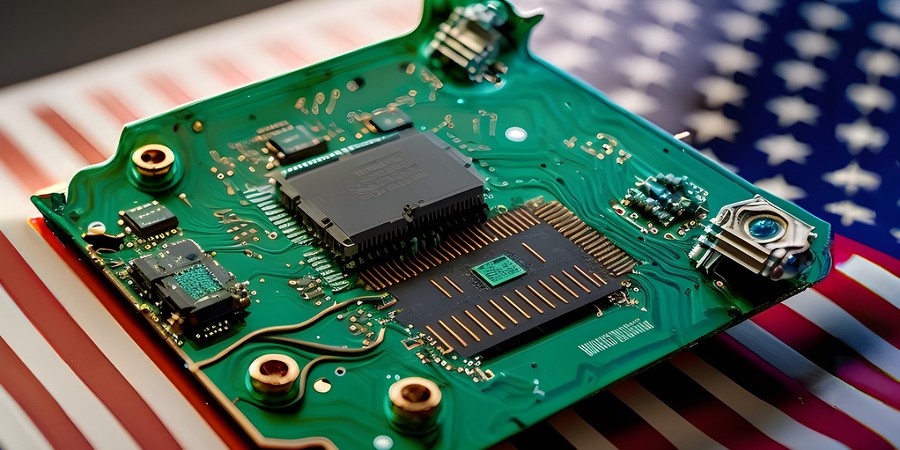Soft Bioelectronic/optoelectronic Systems as Neural Interfaces
Tuesday, April 18, 2023 | 11am - 12pm ET
Zoom
Speaker: John Rogers, Professor of Materials Science and Engineering, Northwestern University
22FDX Silicon-on-Insulator CMOS for Logic and Edge AI applications
Wednesday, April 5 | 12:00pm - 1:00pm ET
MIT Building 36, Room 426, Allen Room
Hybrid
Speaker: Navneet Jain, GlobalFoundries, Inc.
QuEra to Bring Expanded Quantum Capability to NERSC
HPC Wire
QuEra Computing, maker of the world’s first and only publicly accessible neutral-atom quantum computer – Aquila, announced a new partnership with the National Energy Research Scientific Computing Center (NERSC).
A Glimpse Inside Intel
Peter Dizikes | MIT News Office
Intel CEO Pat Gelsinger gave an optimistic account on the future of U.S. semiconductor manufacturing during his talk at the Manufacturing@MIT distinguished speaker series.
Shivam Kajale of Nano-Cybernetic Biotrek Creates Awareness About the Urgent Need to Develop Environmentally Sustainable AI
Mark Grinstein-Camacho
The impending threat of large-scale computation to the environment often goes unnoticed in our software-orientated world.
Resilient Bug-sized Robots Keep Flying even after Wing Damage
Adam Zewe | MIT News Office
New repair techniques enable microscale robots to recover flight performance after suffering severe damage to the artificial muscles that power their wings.
New Method Accelerates Data Retrieval in Huge Databases
Adam Zewe | MIT News Office
Researchers use machine learning to build faster and more efficient hash functions, which are a key component of databases.
It’s a weird, weird quantum world
Jennifer Chu | MIT News Office
In MIT’s 2023 Killian Lecture, Peter Shor shares a brief history of quantum computing from a personal viewpoint.
Making Computing More Brain-like
Wednesday, March 15, 2023 | 12:00 - 1:00pm ET
MIT Building 36, Room 426, Allen Room
Hybrid
Speaker: Mike Davies, Intel
Report: CHIPS Act Just the First Step in Addressing Threats to US Leadership in Advanced Computing
Rachel Gordon | MIT CSAIL
The Advanced Computing Users Survey, sampling sentiments from 120 top-tier universities, national labs, federal agencies, and private firms, finds the decline in America’s advanced computing lead spans many areas.











